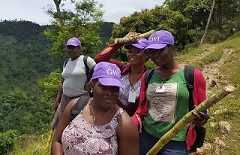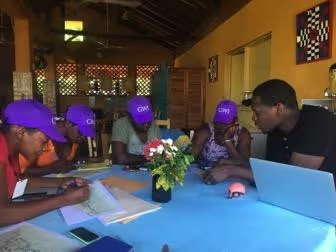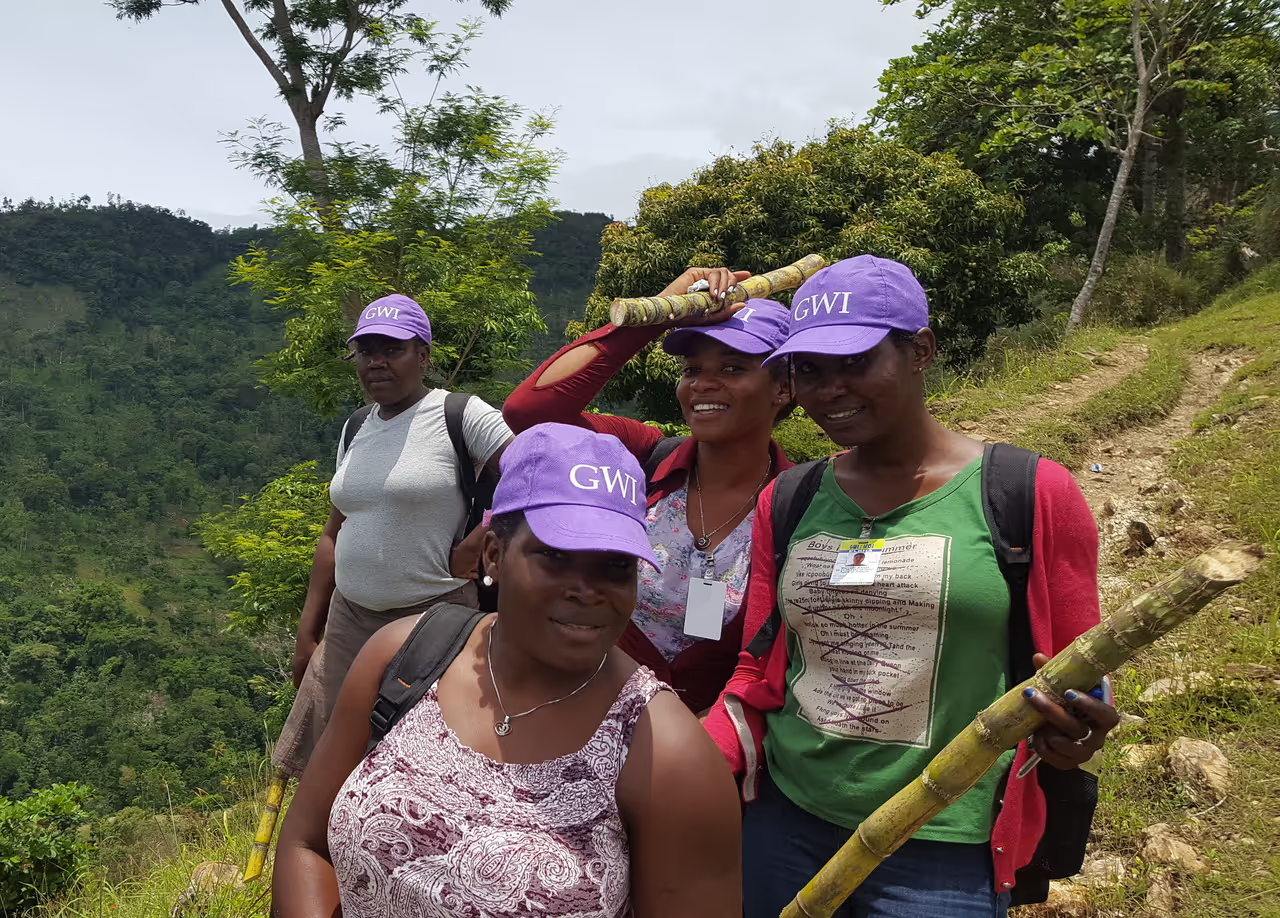The Use of Small -Scale Sampling Surveys on Gender-Based Violence

Population-based surveys help us understand gender based violence (GBV) in communities. These types of surveys have consistently been shown to be ethical and reliable in conducting GBV research as well as measuring the outcome and impact of these programmes. Multi-cluster sampling, a specific type of population-based survey, is the most common type of sampling used and requires large sample sizes in order to ensure accurate results. Although an effective approach, multi-cluster sampling requires a longer period of time and can be expensive, which is not always conducive to humanitarian settings.
A different method of population-based sampling - Lot Quality Assurance Sampling (LQAS) uses a smaller sample size than multi-cluster sampling and therefore requires less time and finances. This methodology has been used to assess health programmes in development contexts but has rarely been applied in humanitarian settings or to look at GBV.
The Global Women’s Institute at the George Washington University (GWI) along with the Institut de Formation de Sud (IFOS) in Haiti collaborated to test the effectiveness of LQAS and demonstrate the use of small sample survey size in a humanitarian setting. The survey took place in Marigot Commune in south east Haiti. The same location was used in 2017 to conduct an impact evaluation on GBV prevention using multi-cluster sampling and served as a good comparison point for the LQAS results.
Data Collection and Ethical Considerations

The research team followed the World Health Organisation (WHO) ethical and safety guidelines on conducting surveys on violence against women and girls. Some of the ethical standards were made easier to adhere to due to the shorter time frame and smaller sample size of the LQAS model. In particular we were able to focus on better privacy, which can be difficult to maintain in a larger and longer survey such as multi-cluster sampling.
For example, houses were naturally farther apart because fewer households needed to be visited which meant that privacy was easier to maintain. Similarly, because the total data collection took less time, we believe less people in the community took notice of our data collectors thereby maintaining privacy. Privacy is particularly important in GBV research because the perpetrator may be someone the woman already knows and may be living either in the community or in the same household.
In addition to being able to better control the ethical and safety guidelines, the shorter time frame and smaller sample size allowed us to closely monitor the data collection process which led to quality data being collected. The enumerators were less fatigued, which also plays a role in quality data collection.

Other ethical considerations were also considered in the research design. The survey was never presented as a GBV survey to the wider community or to the head of households but rather as a survey on health and life experiences. Only one female family member was interviewed per household so as to not raise suspicion about the survey and maintain their confidentiality. Finally, the study was conducted by a team of well-trained female data collectors in order to make the target population, women and girls, feel comfortable enough to talk about their experiences of violence.
Results
The results show that LQAS can be successfully used for GBV programmes in conflict and humanitarian settings. Comparing the prevalence rates of violence between two survey methods, we found that the overall trends are the same (more respondents reporting sexual intimate partner violence compared to physical, psychological violence more commonly reported than economic violence, etc.). While the overall point estimates collected via the LQAS methodology are higher than the data collected through multi-stage cluster sampling, though this finding was not always statistically significant.
LQAS does not replace multi-cluster sampling because you cannot do more advanced statistical analysis and the confidence intervals are wider but it provides an opportunity to collect more data on a routine basis
LQAS could be useful to collect population-based data in humanitarian settings but would be particularly useful for routine monitoring and evaluation of GBV prevention programs in humanitarian setting. The ability to produce quick results can assist humanitarian organisations in developing customised GBV prevention programmes and/or monitoring existing programmes.
Next Steps
GWI and IFOS are excited to disseminate these findings to the international community. We plan to produce a report on the experiences, submit a peer-reviewed paper and present the results at international conferences. In addition, we hope to pilot the LQAS methodology in other emergency settings in order to continue developing the evidence base on the utility of this method to monitor and evaluate GBV programmes in humanitarian settings.
Stay updated
Sign up for our newsletter to receive regular updates on resources, news, and insights like this. Don’t miss out on important information that can help you stay informed and engaged.
Related articles


.png)
Explore Elrha
Learn more about our mission, the organisations we support, and the resources we provide to drive research and innovation in humanitarian response.